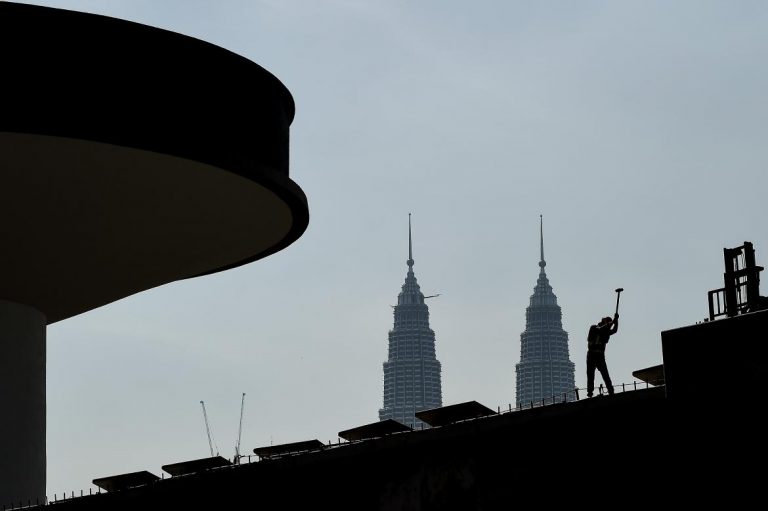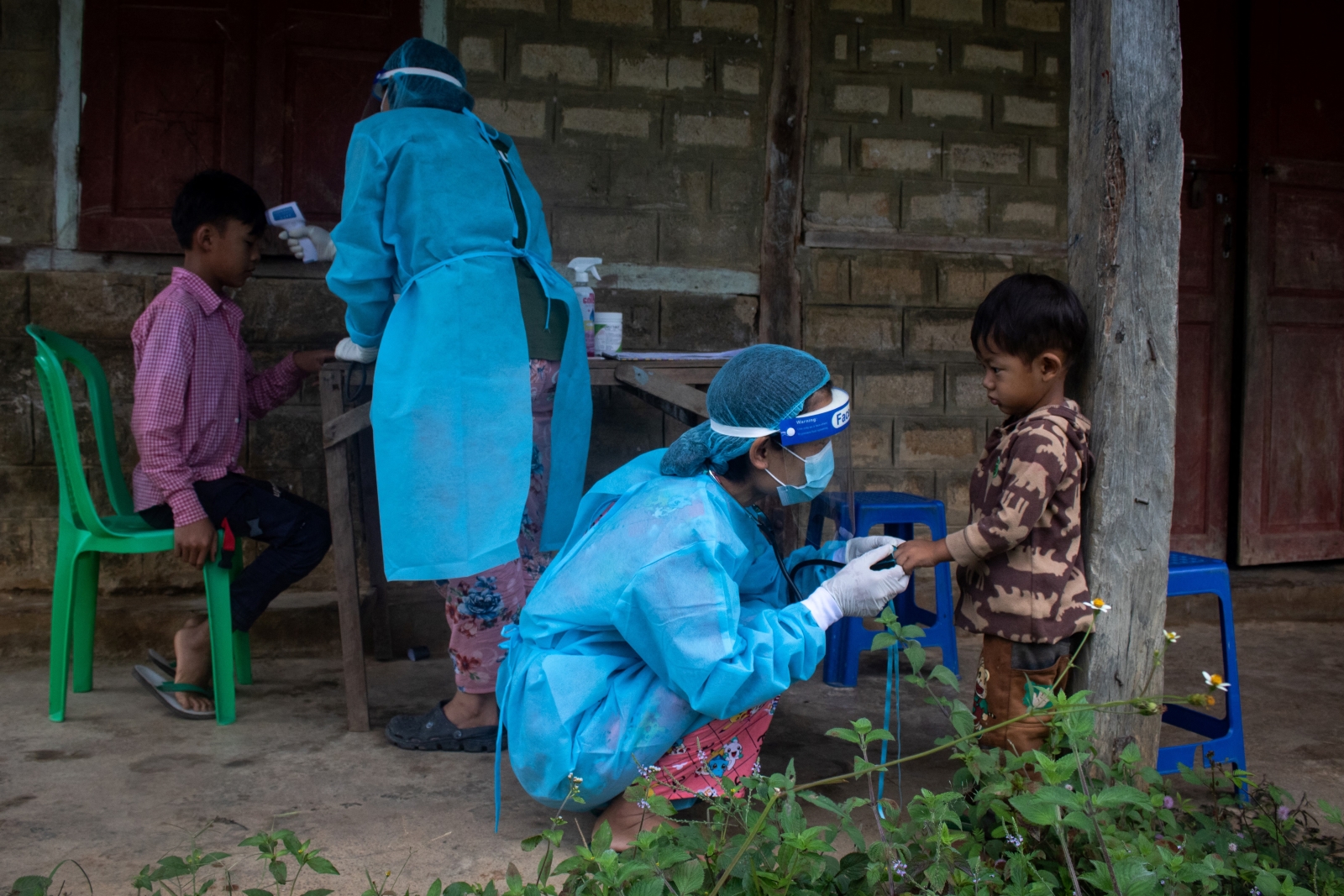U Kyaw Moe Tun says there is an urgent need to take strong collective measures against the military regime, as the Security Council prepares to hold closed-door talks on Myanmar on June 18.
By AFP
Myanmar’s ambassador to the United Nations, who has refused to leave his post despite being fired after the February coup, has called for “effective collective measures” against the military regime ahead of expected Security Council talks on the situation.
“It is most urgent that the international community take effective collective measures to prevent any possible crimes against humanity from happening and the emergence of a potential regional humanitarian crisis,” U Kyaw Moe Tun wrote in a letter to the world body dated May 28 and published on June 14.
“Strong, decisive and unified measures are imperative and needed immediately,” he wrote.
“The lack of such actions by the international community will further encourage the military to continue committing inhumane and brutal acts against civilians and will result in the further loss of lives of innocent civilians in Myanmar.”
Kyaw Moe Tun has passionately rejected the February 1 coup and brushed aside the junta’s claims that he no longer represents Myanmar. The UN still considers him as the rightful envoy.
He said that the lack of forceful international reaction in the wake of the coup helped facilitate the deadly crackdown on anti-coup protesters.
“If the international community, including the United Nations, had taken decisive and timely action against the military, it would have prevented the loss of over 800 innocent lives,” he wrote.
China has repeatedly worked to delay Security Council talks on Myanmar, but a closed-door meeting is scheduled for June 18, in order to discuss mediation efforts by ASEAN, diplomats said on June 14.
The Council is expected to hear a presentation by Erywan Pehin Yusof, Brunei’s second minister for foreign affairs, who was one of two ASEAN representatives to meet with Senior General Min Aung Hlaing in Nay Pyi Taw earlier this month.
The pair were unable to meet members of a parallel government made up of former lawmakers, mostly from Daw Aung San Suu Kyi’s National League for Democracy.
ASEAN has led diplomatic efforts to resolve the crisis in Myanmar, but the regional bloc is not known for its diplomatic clout and observers have questioned how effectively it can influence events in the country.
Brunei is the ASEAN chair for 2021.
The last Security Council meeting on Myanmar took place on April 30. In a unanimous statement, the council’s 15 members called for an immediate end to violence in Myanmar as stated in a five-point consensus ASEAN reached with Min Aung Hlaing on April 24.
That plan also called for the naming of an ASEAN envoy tasked with handling the crisis, but so far, no one has been named to that position.
On June 18, the Council is also expected to hear from the UN special envoy to Myanmar, Ms Christine Schraner Burgener. She recently returned from a long trip to the region but was unable to visit Myanmar because the junta has barred her.
The UN General Assembly is currently at an impasse over a resolution proposed by Liechtenstein that would call for an arms embargo on the military leadership.
Diplomats say Liechtenstein has been kept out of recent discussions, with Western powers taking over, adding it is less and less likely that an arms embargo, as called for by Myanmar’s UN envoy, will be put to a vote anytime soon.







